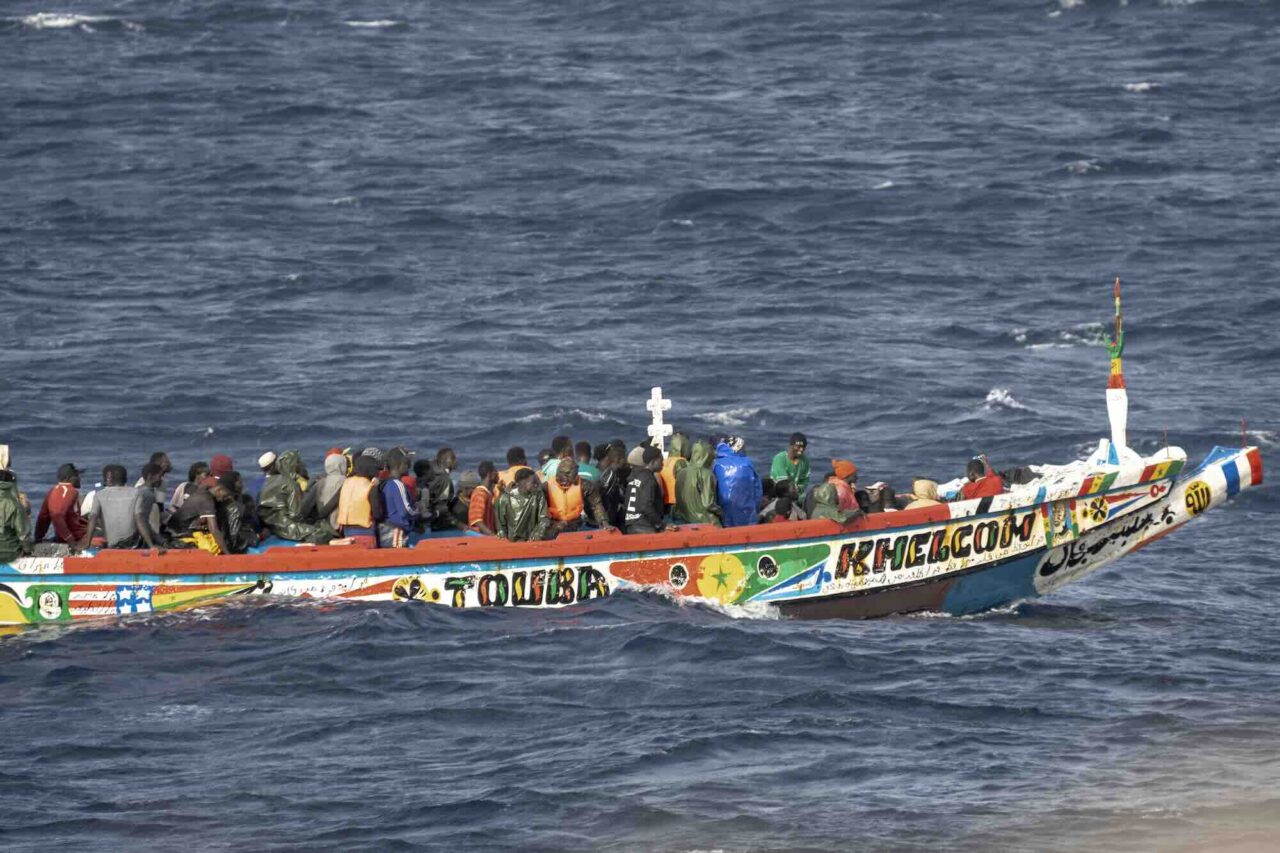
More and more migrants are taking the so-called Atlantic route to the Spanish Canary Islands. Last year, a record 46 843 migrants arrived on the archipelago, according to official figures.

Daniel: The tragic tale of an Indonesian deckhand and his brutal voyage on a Chinese squid ship.
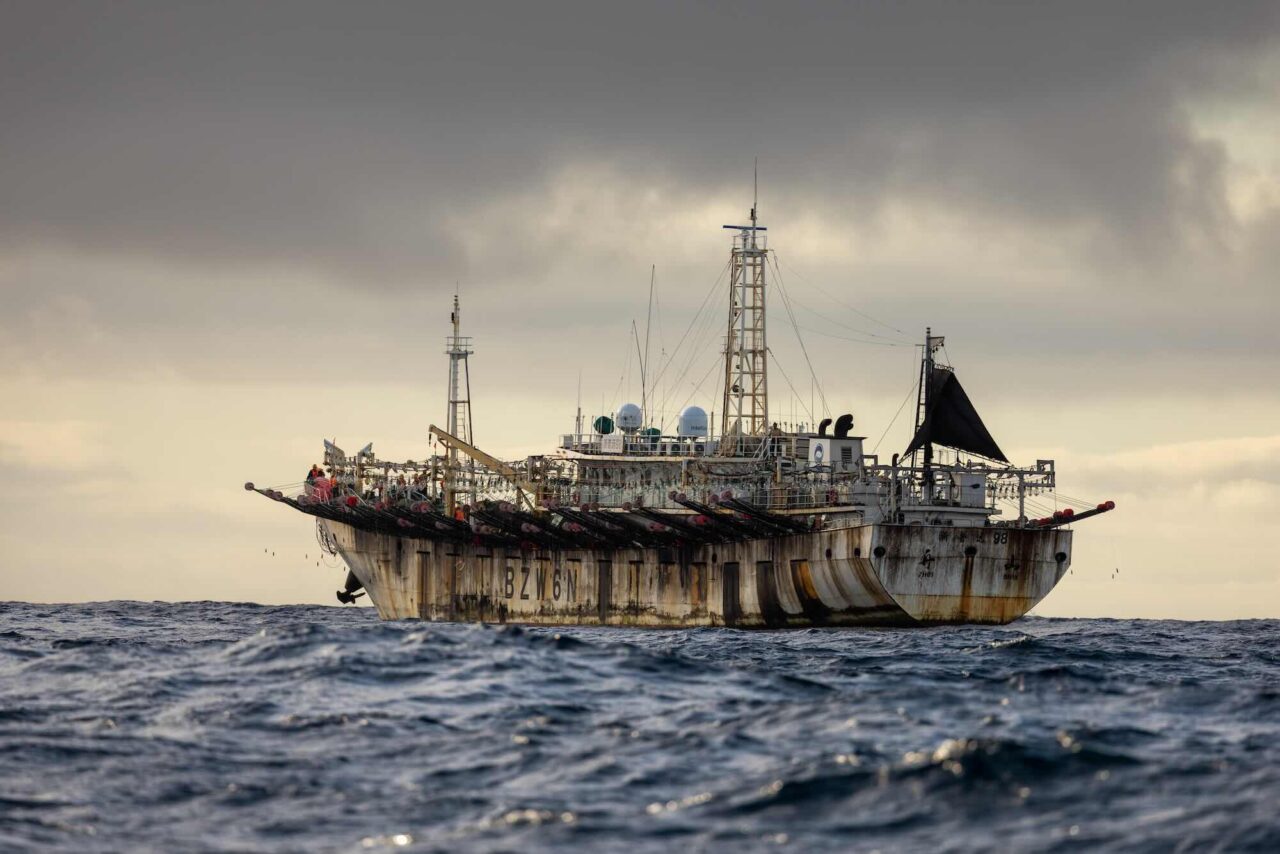
The Chinese fishing fleet is a great power on the sea. It fishes far out to sea where no country's laws reach, and it fishes more than any other nation right now. And it does so at a terrible human cost.
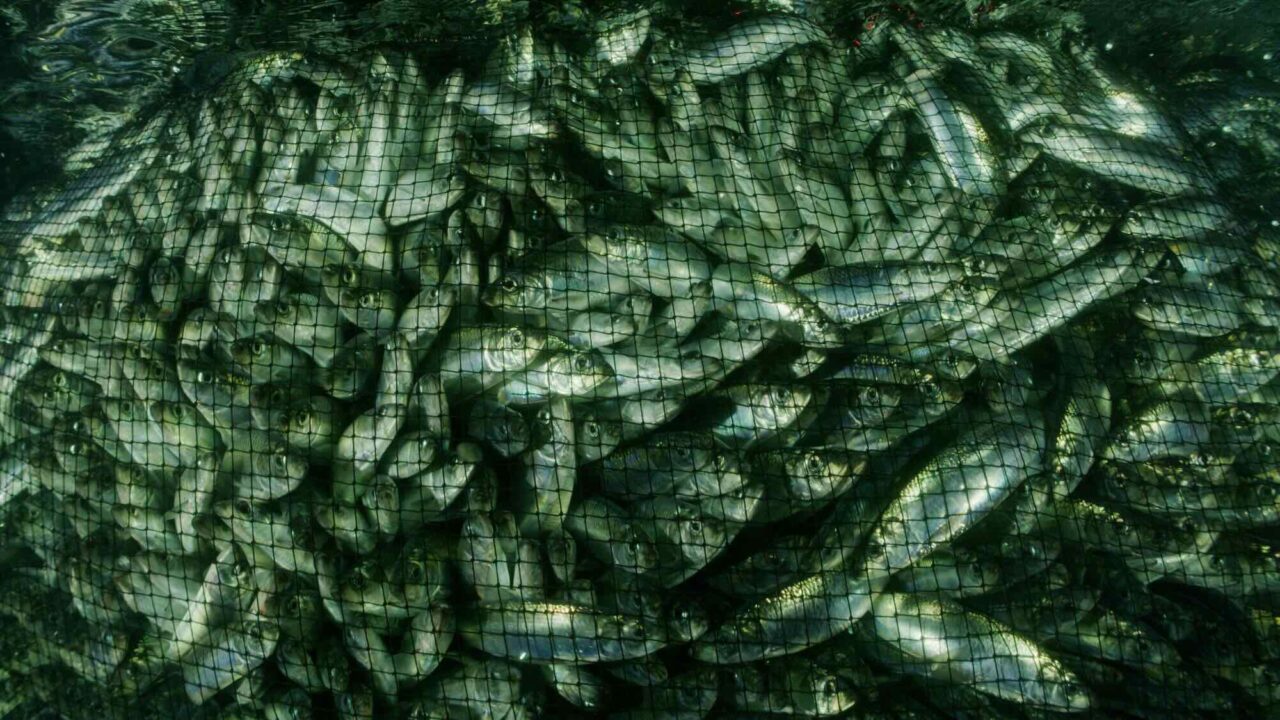
Fishing for herring and sprat in the central Baltic Sea can increase by 139 percent, according to ICES, the International Council for the Exploration of the Sea, which today published its recommendations to the EU for fishing in 2025.
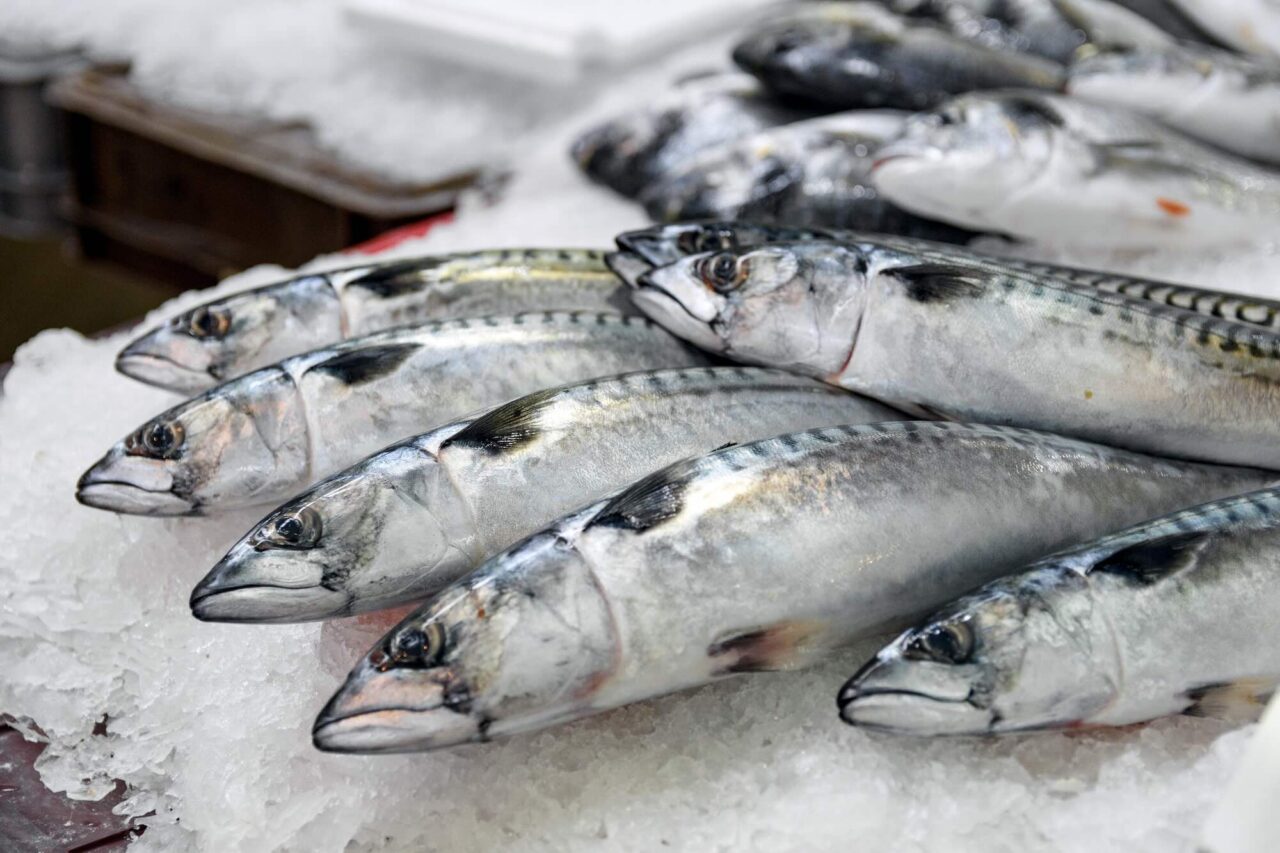
The UK's Blue Marine Foundation, a marine charity, is taking the UK to court for allowing overfishing in British waters. And above all, that it happens opposite to the levels that science says is possible to raise.
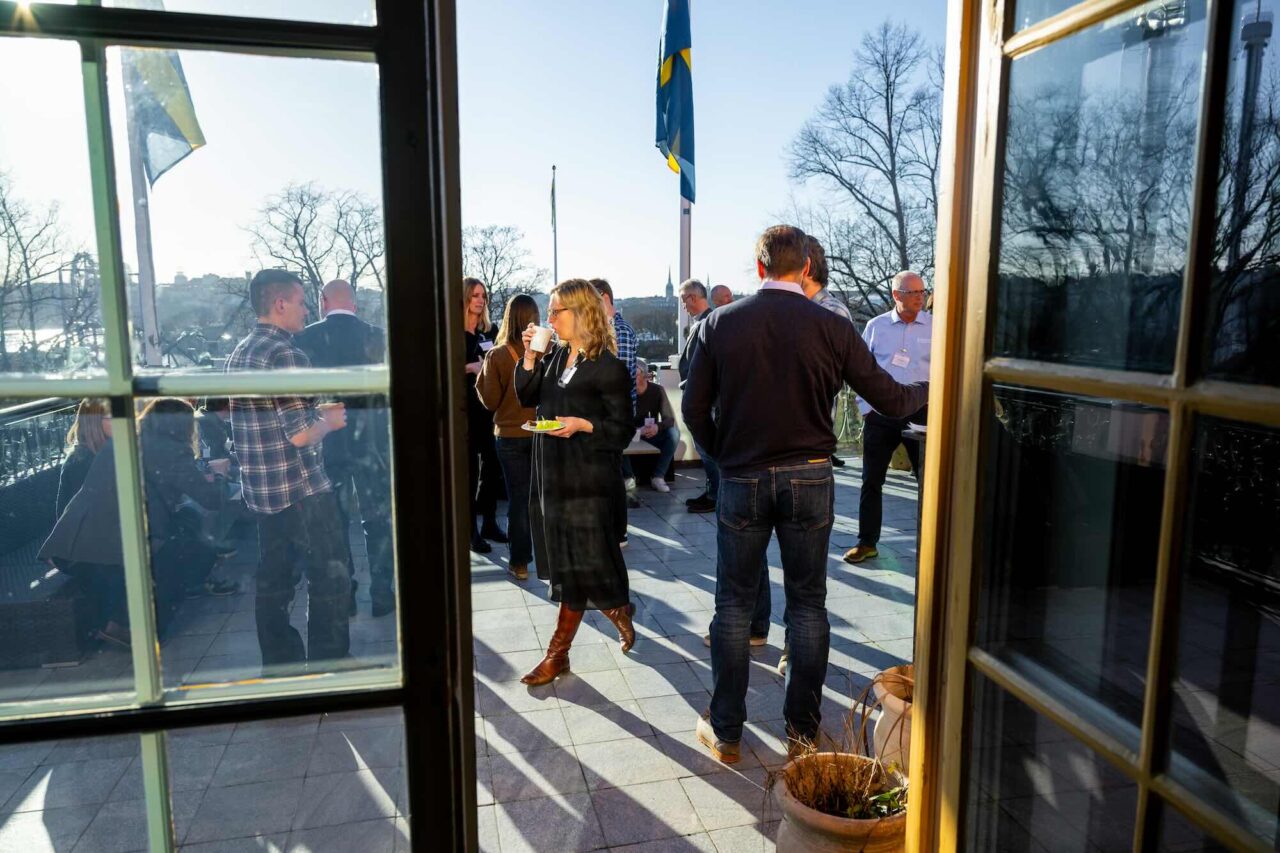
The conflicts within Swedish fishing are very fierce. Small-scale coastal fishermen on the east and south coasts face a small number of giant trawlers from the West Coast. I was looking forward to tough discussions and fruitful exchanges at this year's Fishing Forum. But met with pleasant company in a luxurious mingling environment.
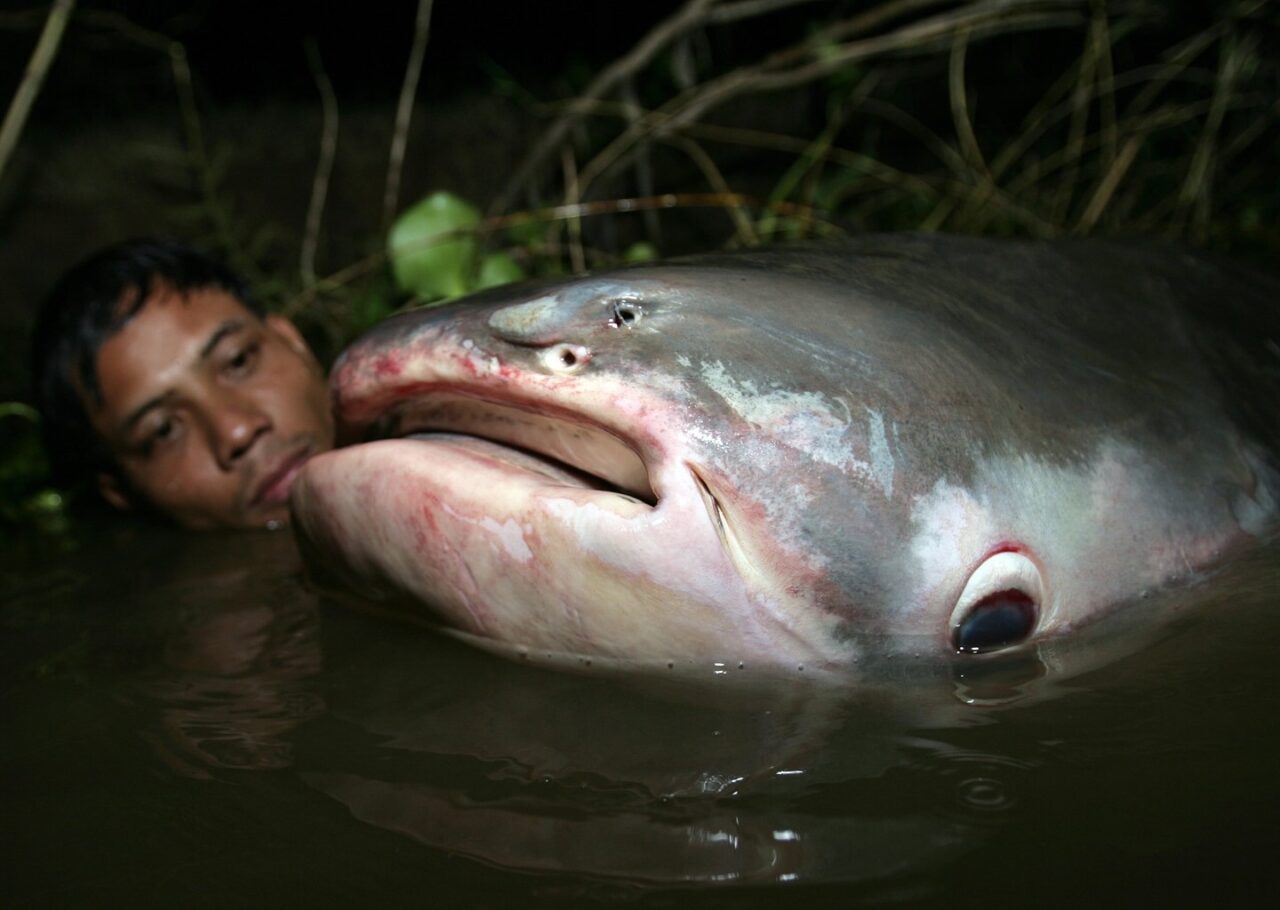
Overfishing and new hydroelectric dams are among the reasons why a fifth of the fish species in the Mekong River in Asia are threatened with extinction, according to a report from, among others, WWF.
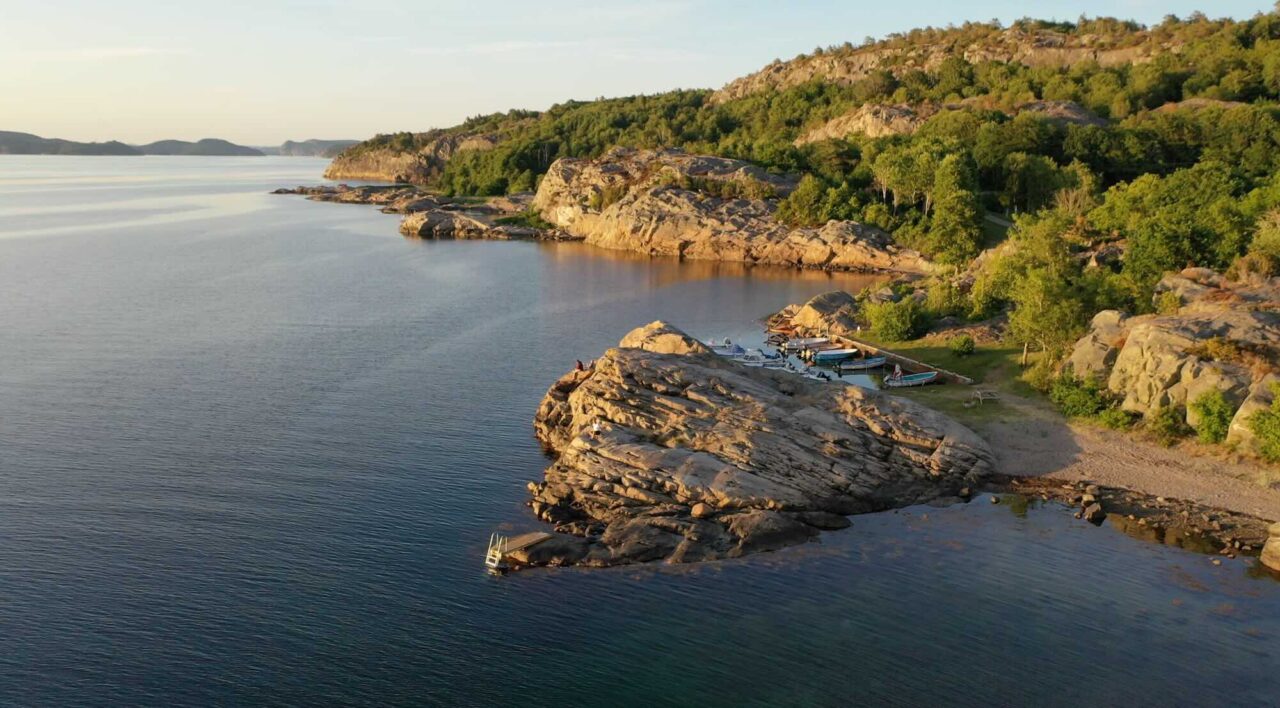
On Sweden's west coast lies the Western Sea with Sweden's saltiest water and the largest marine biodiversity. The Western Sea includes both Kattegat, Skagerrak, and the Øresund and is home to species such as mackerel, kelp, octopus, sea stars, corals, dolphins, and a total of 17 species of sharks.
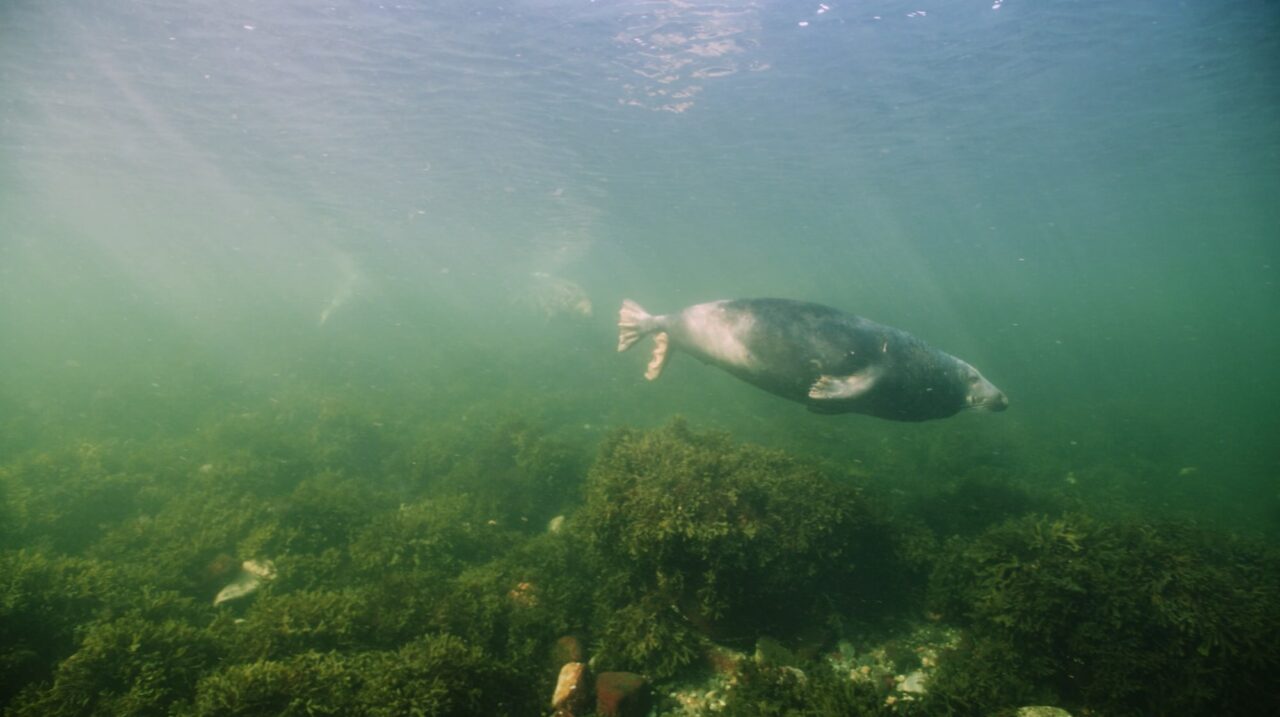
Since almost four years ago, we have license hunting on gray seals, since two years on harbor seals and protection hunts on ringed seals since several years ago. We hunt all three seal species along the Swedish coast and there are several reasons.
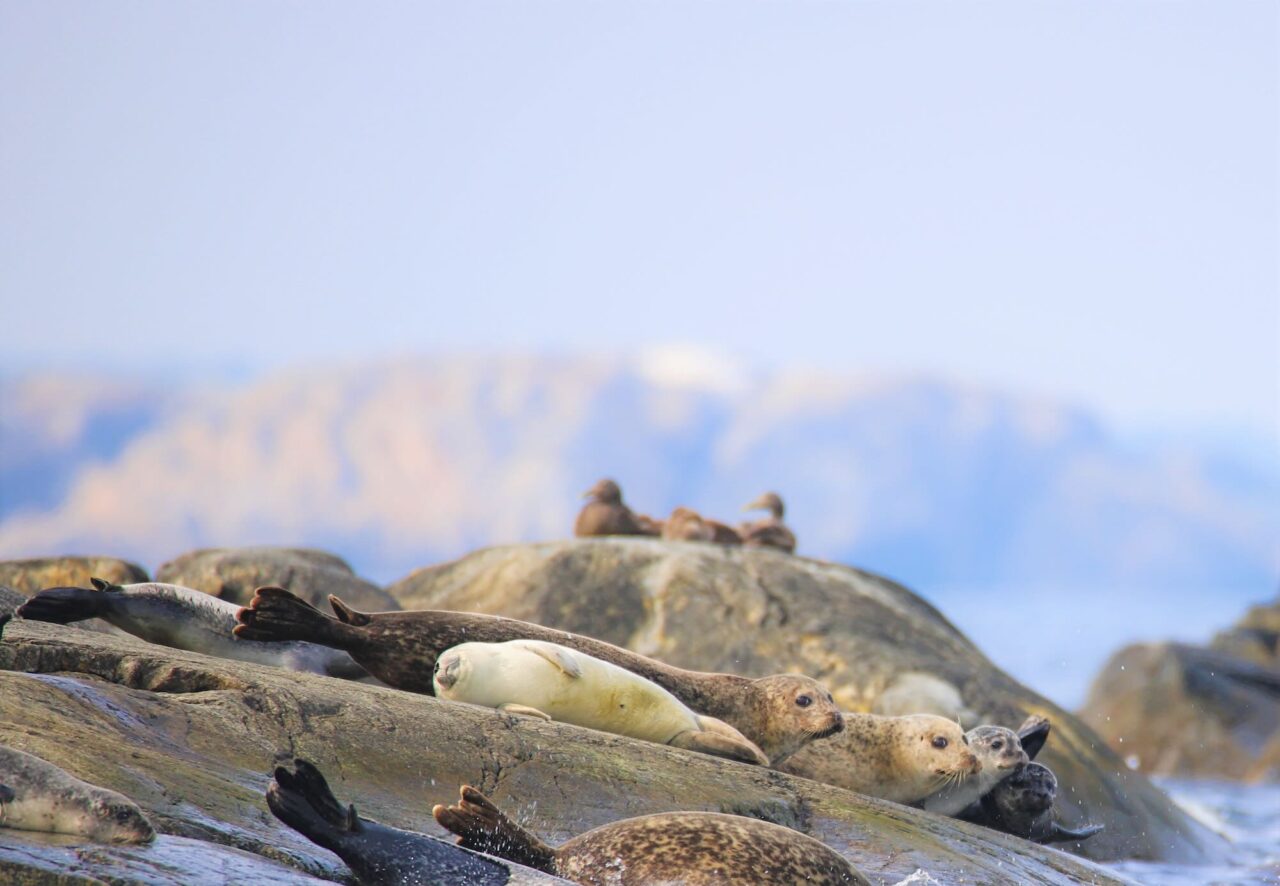
Researchers have now established that the harbor seals in the Kosterhavet area are becoming increasingly scarce. Last year, only half of the females gave birth to pups. This is according to research from the University of Gothenburg, following this year's seal count. – We were very surprised. These low numbers cannot be dismissed year after year, says Karin Hårding, professor of zoological ecology at the University of Gothenburg and the leader of the project.
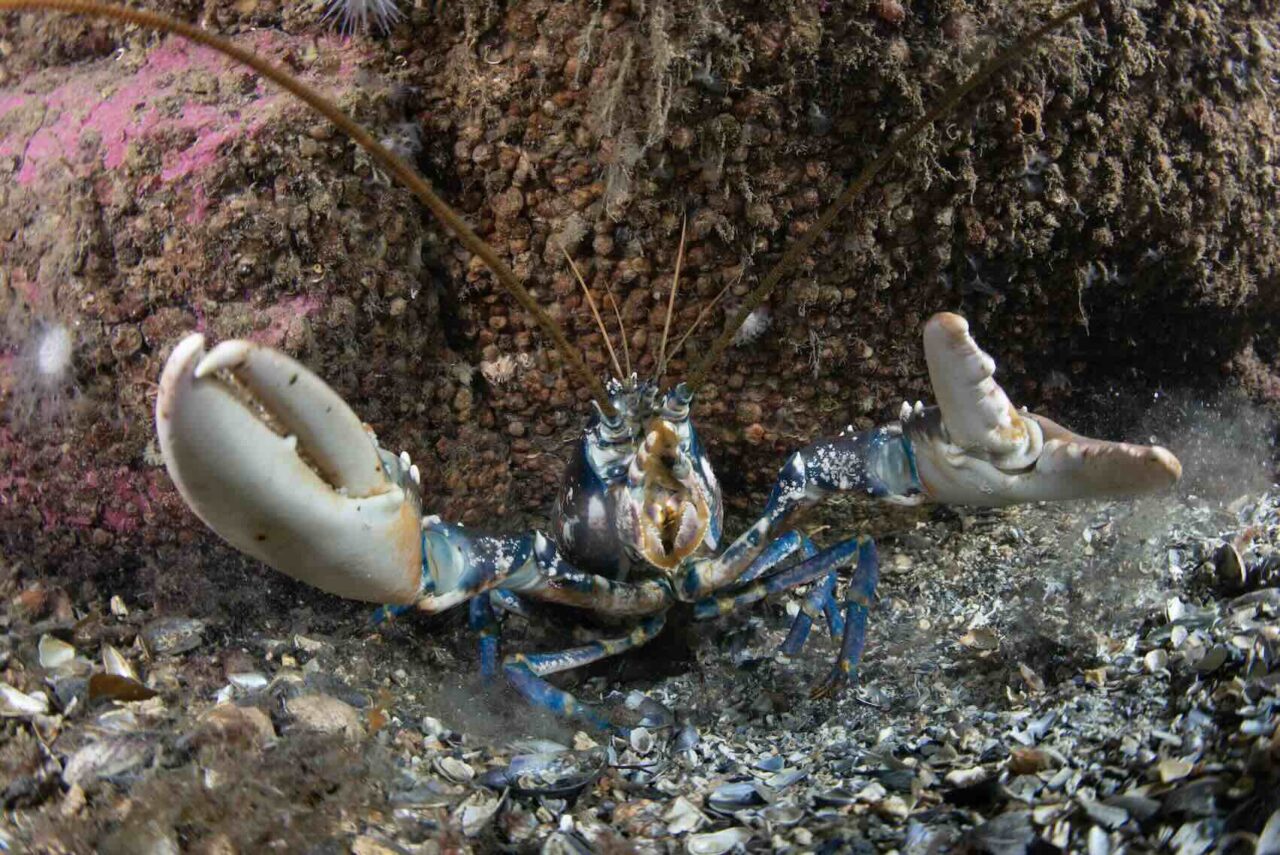
In 2023, relatively many lobsters were caught in the Swedish and Norwegian waters, but this was not because the number of lobsters has increased, on the contrary.
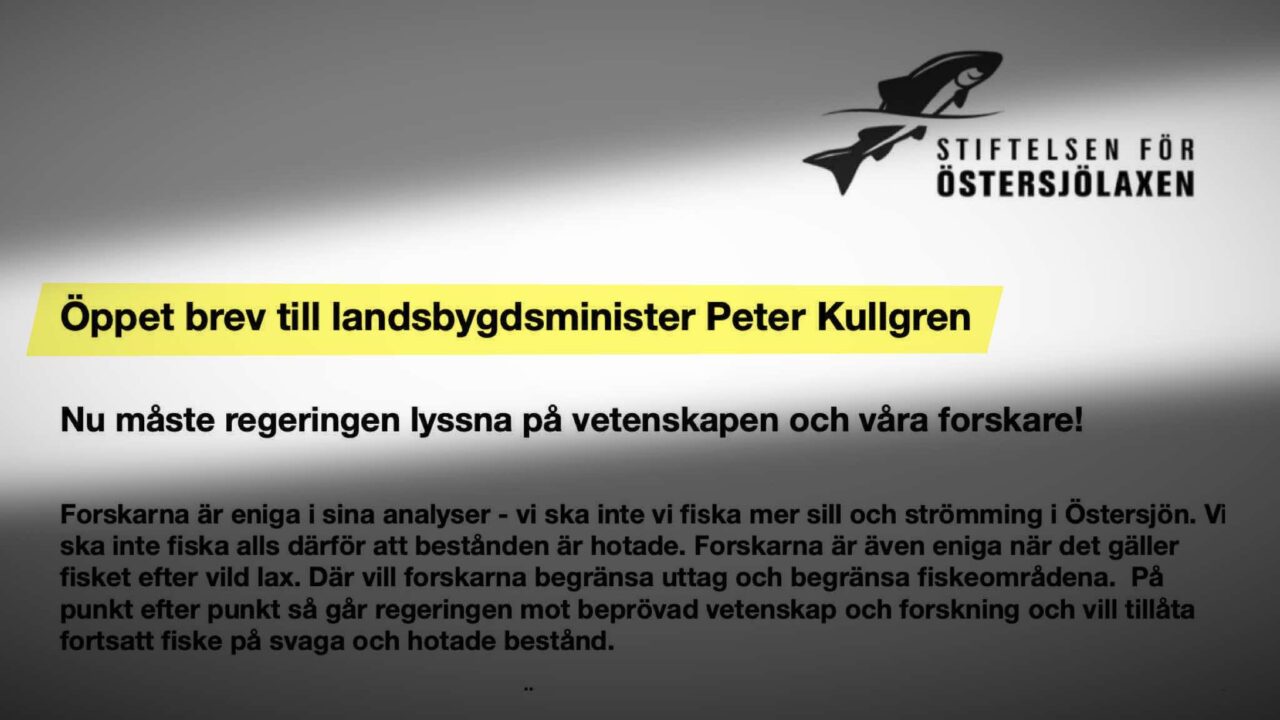
Axel Wenblad, is former director general at the Swedish Fisheries Agency. He was interviewed in Peter Löfgren's latest documentary "Power over the sea". After the film, he got angry and wrote an open letter to Minister for Rural Affairs Peter Kullgren. This is the letter;
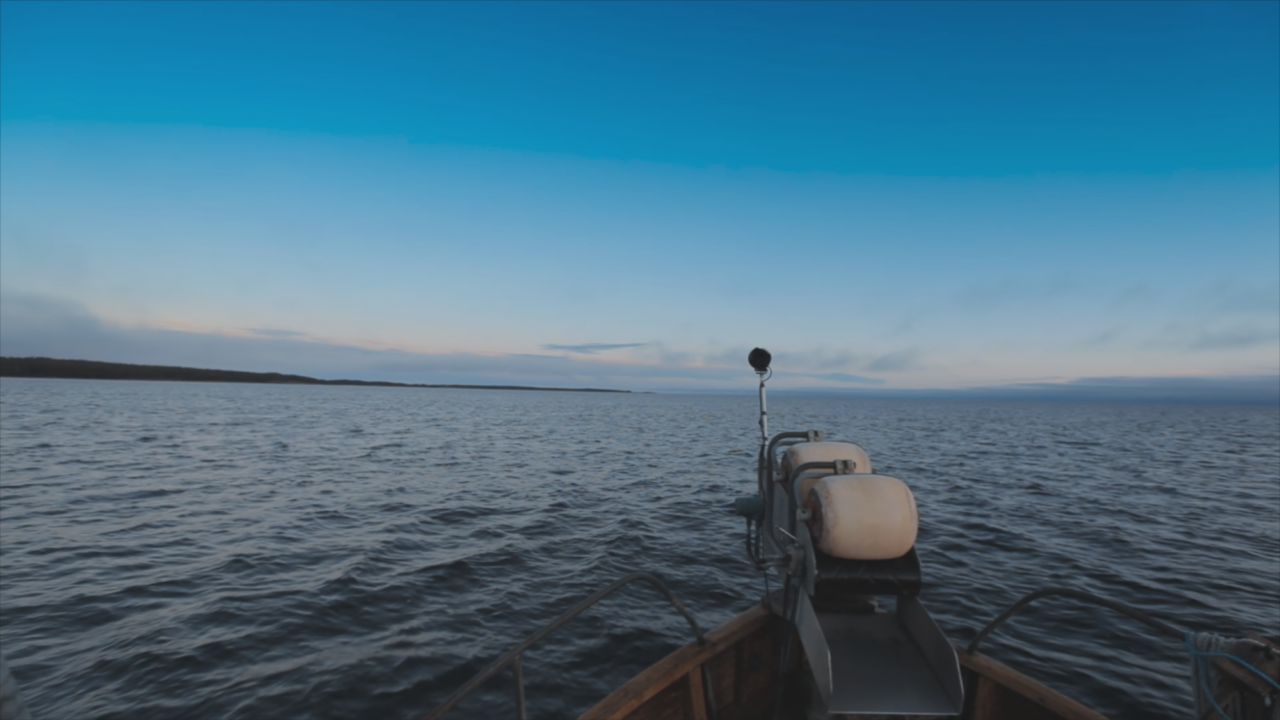
The EU's highest court rules that the Council of Ministers breaks the law when it decides on overfishing of "target species", stocks that fishing is directly aimed at. But at the same time, the court gives the ministers the right to "flexibility" in terms of bycatch.

All citizens want fish-rich, healthy seas. The EU is governed democratically. So why are the EU's seas fished out and on the brink of ecological collapse? The decisions are made in closed rooms, beyond democratic control.
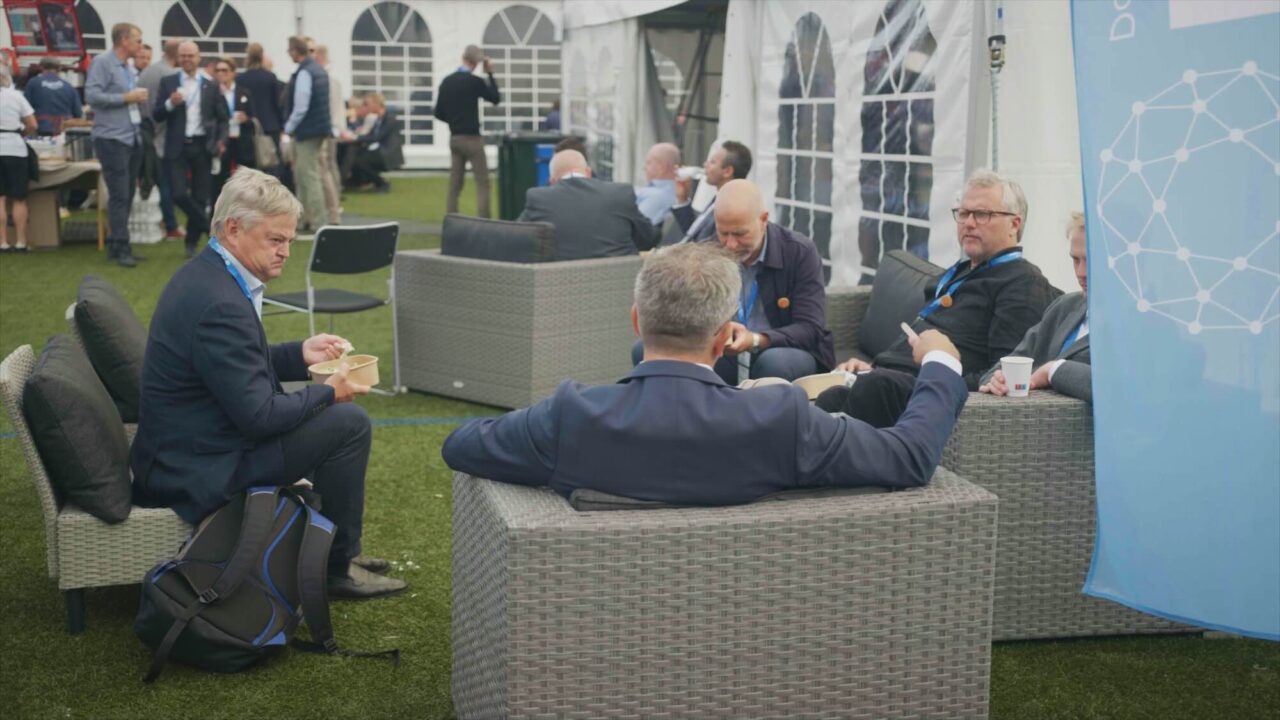
The ocean's resources belong to all citizens. We want healthy seas, full of fish and shellfish. So - how could fishing for cod in the Baltic Sea be allowed to continue despite all the warning signs? How can herring fishing get the green light even though EU law prohibits continued fishing? For a long time, I lived under the delusion that the European seas were managed democratically. That it is only in dictatorships that predatory behavior is deliberately allowed to destroy life below the surface and destroy the living space of all living things.

EU fisheries ministers exclude the public. The countries' mutual positions are kept secret. We citizens are not allowed to influence the decisions that are decisive for the ocean and the planet. The fishing quotas are set over a couple of hectic days and usually exceed the advice of science. Deep Sea Reporter has exclusively interviewed the EU's own Ombudsman Emily O'Reilly, who condemns the lack of transparency…

Three quarters of the world's industrial fishing vessels are "dark", they are not publicly tracked. This is shown by a new study, published in Nature, which with the help of space technology and AI managed to create the first global map of how we use the ocean. The fishing vessels dominate and most of them do it stealthily. The study shows that 75% of fishing vessels neglect to broadcast their positions, which may indicate illegal fishing.
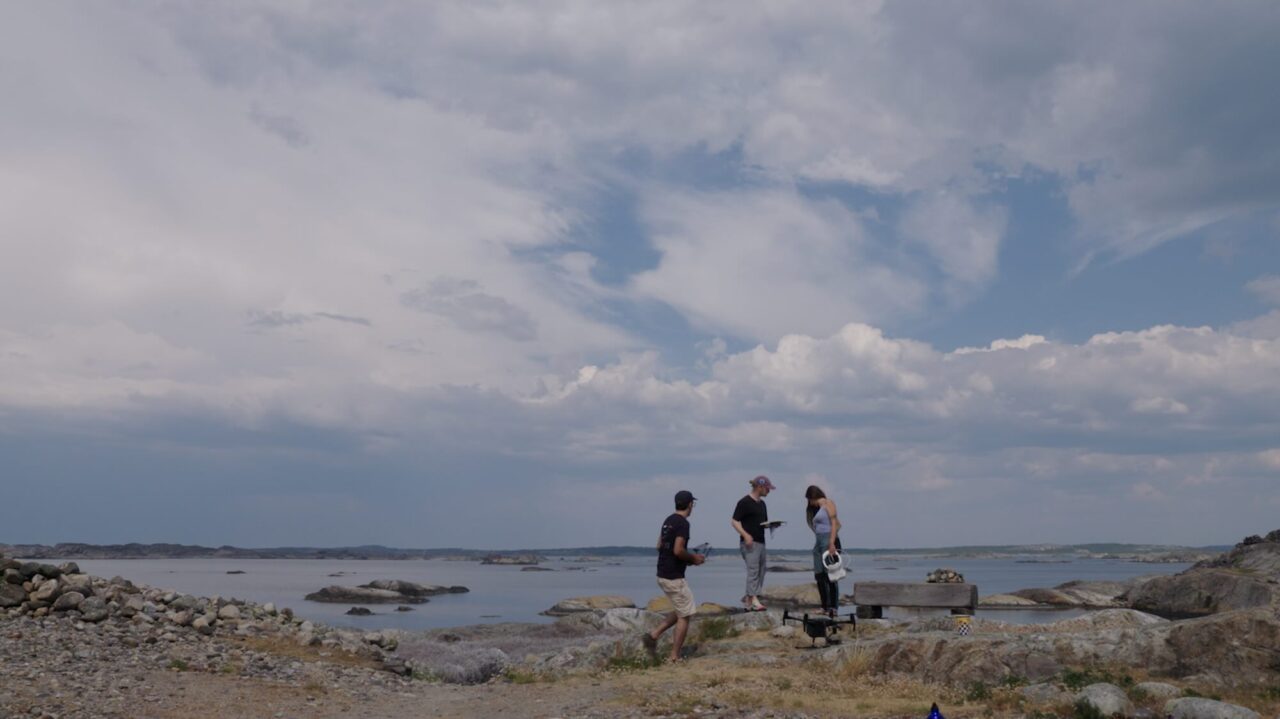
We accompanied seal researchers from the University of Gothenburg, to Koster. In the archipelago on the Swedish west coast. Koster is one of the places where the harbor seals give birth, at the beginning of summer every year.
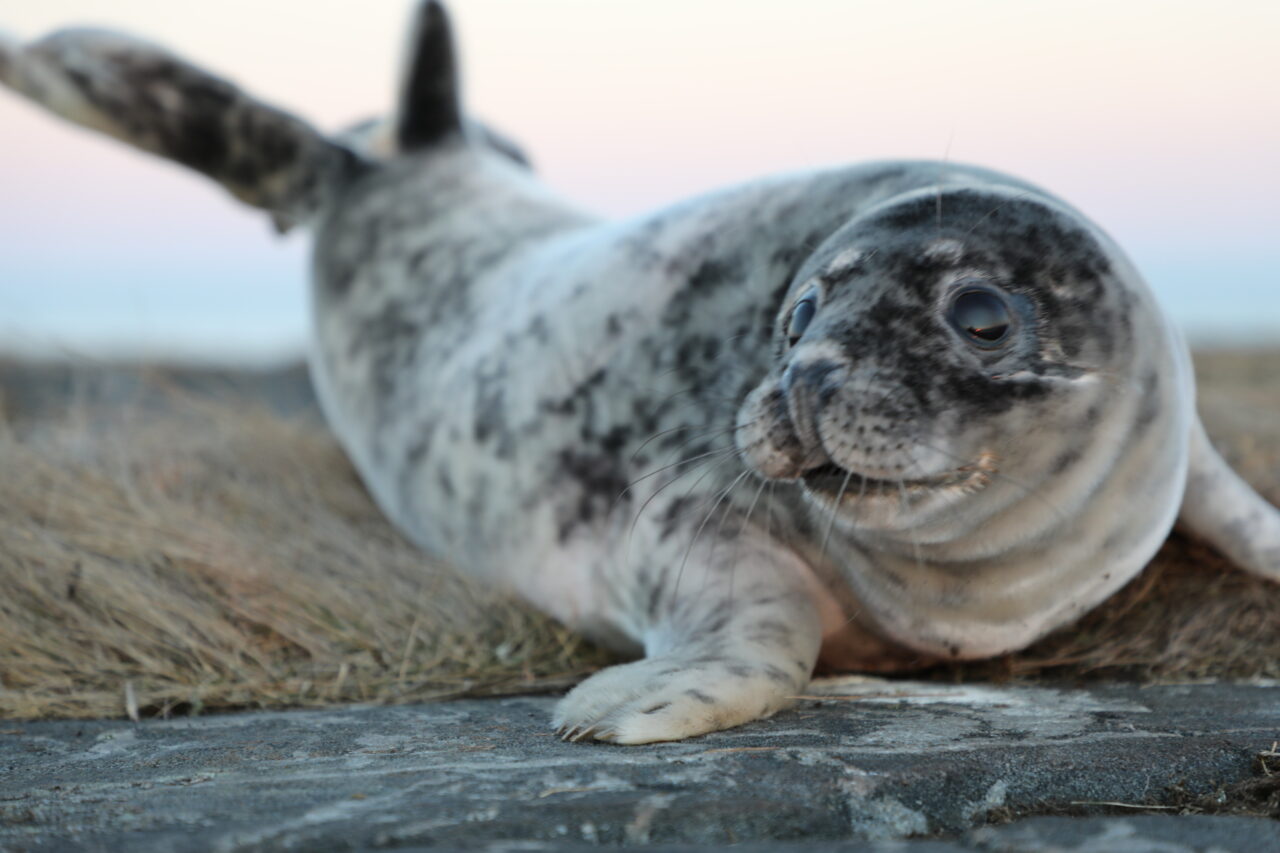
Sweden, Finland, and Norway conduct hunting for seals as trophy hunting. In most other countries, hunting of large marine mammals has been prohibited. In the USA, they have even banned the import of fish from countries that kill marine mammals to protect their fishing industry. Sweden doesn't have much fish to export, so that import ban is unlikely to affect us significantly. However, we hunt a large marine mammal – and that is unique.
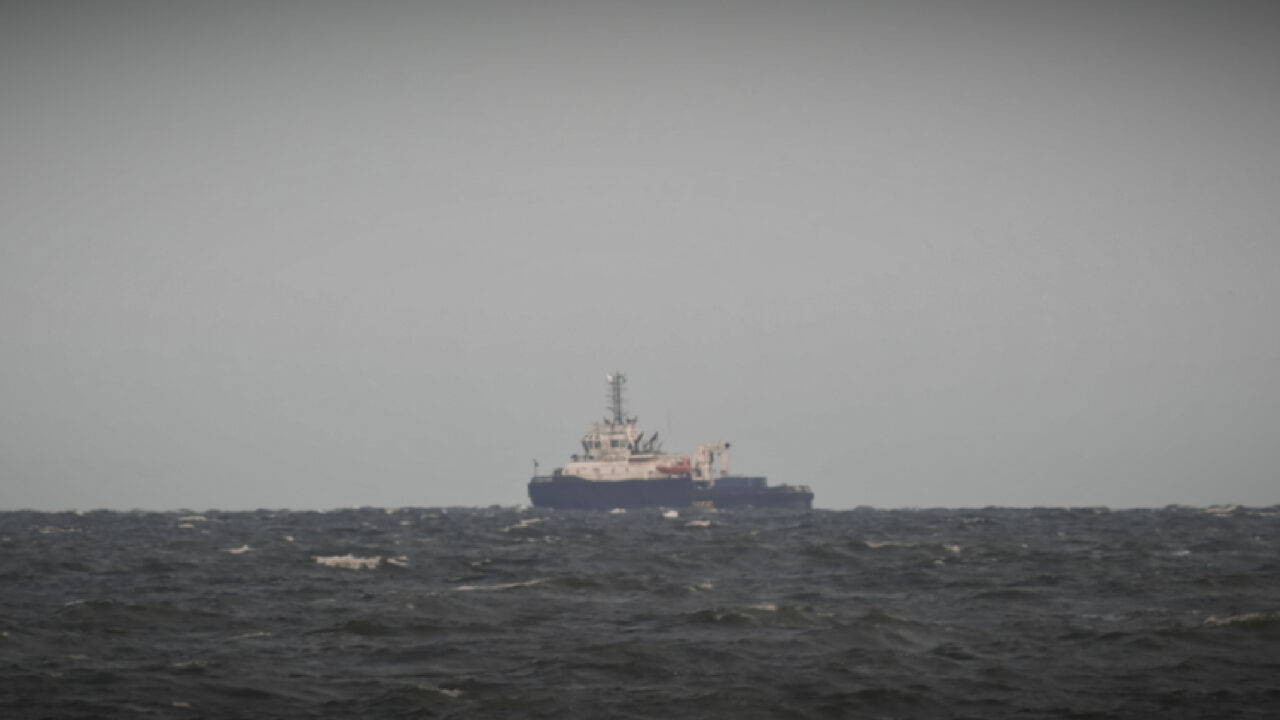
The fish are running out, the herring and the baltic herring are threatened and the cod is almost completely gone. When there is a competition for the little fish left, many people want to blame the seal. Both that it eats too much of "our" fish and that it destroys our fishing gear. But how is it really? Does the seal eat more than we do, and what does it actually eat? We asked some seal researchers.
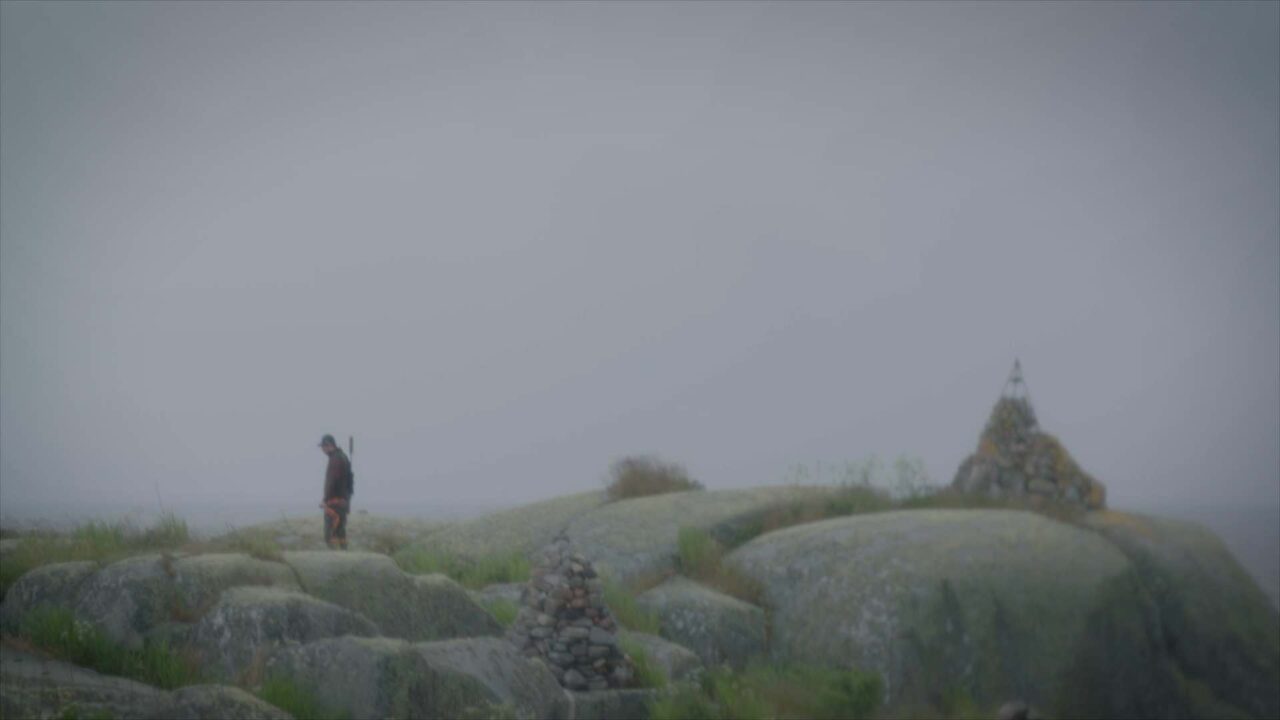
When the seal population had collapsed around 1980 and was almost completely extinct, the authorities put an end to all hunting. Seal protection areas were established, and all three species found along our coasts were protected. At the same time, we received EU directives to reduce emissions of DDT and PCBs. It led to the recovery of all three seal tribes.
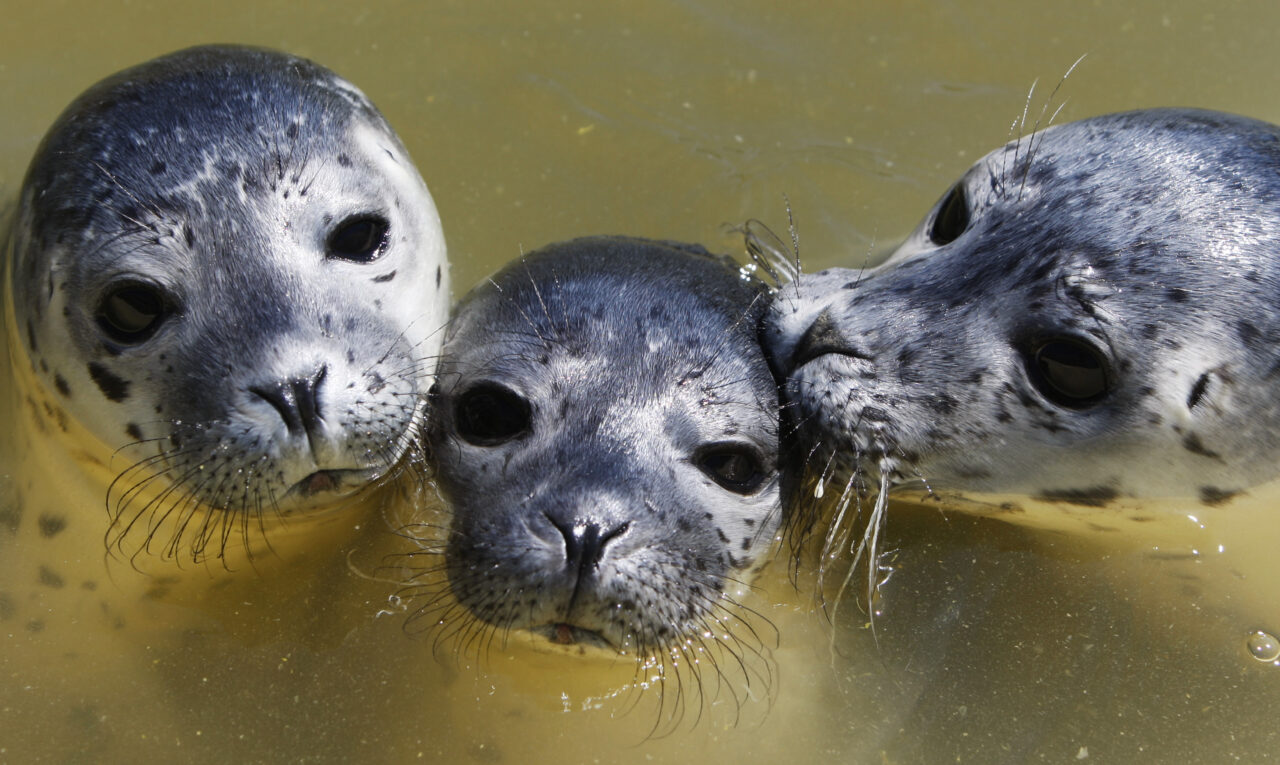
The situation for fish, birds and seals in the Swedish seas remains critical. We fish too much and release too many harmful substances, says Mats Svensson at the Norwegian Sea and Water Authority.
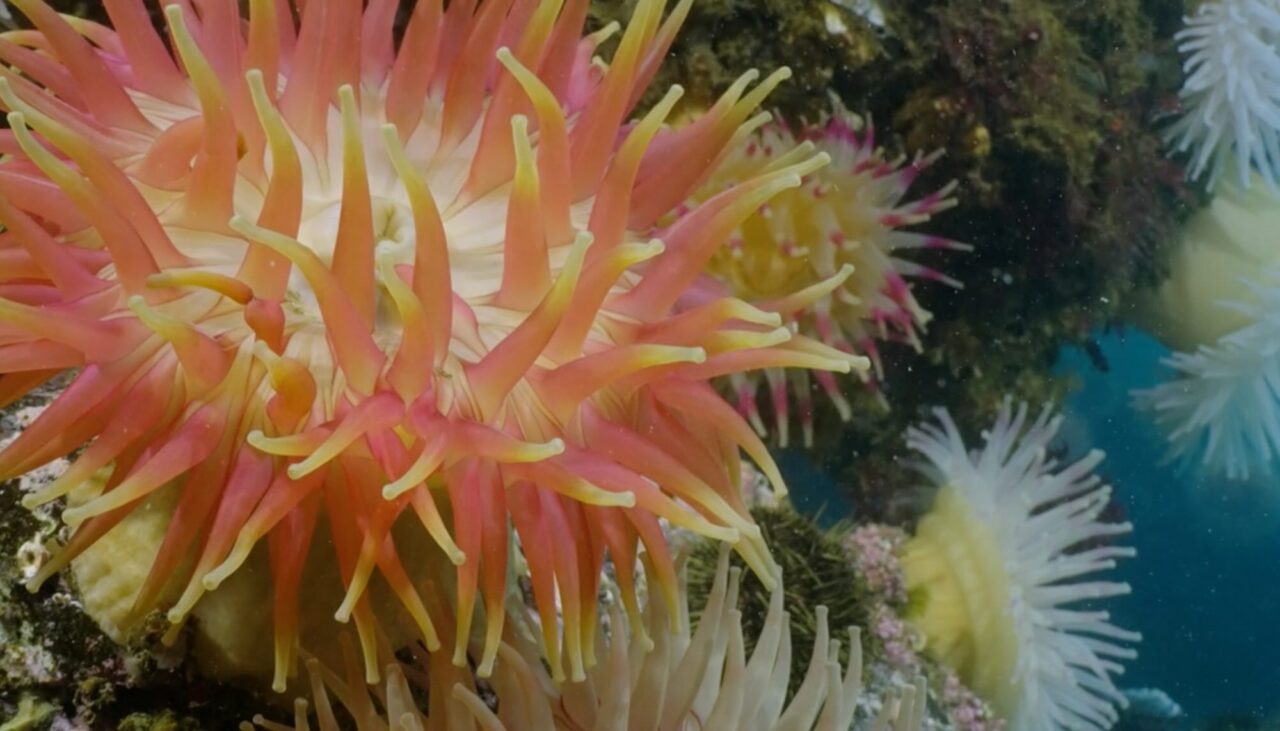
They are extraordinary biodiversity hotspots. They absorb large amounts of CO2 and release oxygen. They fix nitrogen and detoxify the water. They are nurseries for fish and hundreds of marine organisms. But they are disappearing globally and one-third of the Earth’s coastline is affected.
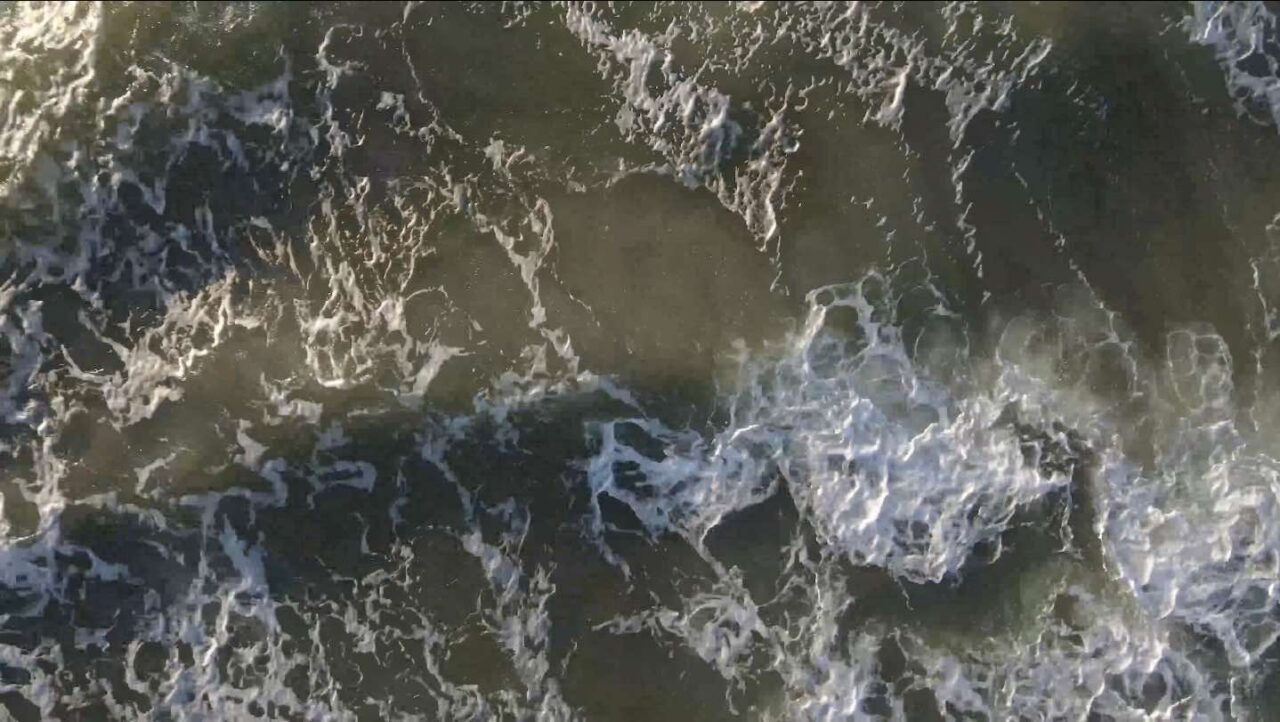
The New Economics Foundation think tank was able to show in a report already in 2019 that EU countries took 300,000 tons more fish into the sea than the researchers in ICES recommended.